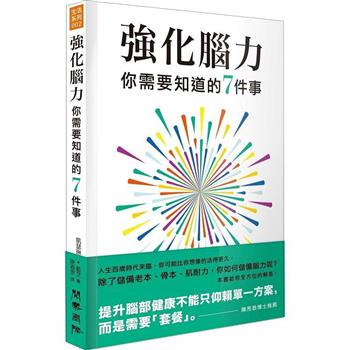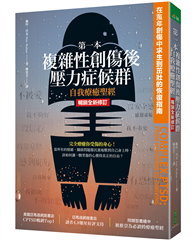This book provides the first comprehensive history of the American Friends Service Committee (AFSC), the central aid agency of the Religious Society of Friends or Quakers, from 1917 to 1945. Implying a thoroughly transnational approach, it sheds a light on the important role American Quakers played in the emergence of a humanitarian sector both within the USA and beyond. Through the Quaker lens the book adresses important tensions inherent to the history of humanitarianism in the 20th century: Following the AFSCs aid operations from the First World War, through post-war Germany and Soviet Russia to the Spanish Civil War and into the Second World War, it deals with the AFSC’s conflicting roles as a specifically American aid organization on the one hand and its position within transnational religious and pacifist networks on the other and it opens a window to processes of professionalization, the development of a humanitarian "market place" and the complex relationship of religious and secular strands in the history of international relief.
| FindBook |
|
有 1 項符合
The Politics of Service: American Quakers and the Emergence of International Humanitarian Aid 1917-1939的圖書 |
 |
$ 5399 | The Politics of Service: American Quakers and the Emergence of International Humanitarian Aid 1917-1939
作者:Maul 出版社:Walter de Gruyter 出版日期:2024-07-22 語言:英文 規格:精裝 / 300頁 / 普通級/ 初版  看圖書介紹 看圖書介紹
|
|
|
圖書介紹 - 資料來源:博客來 評分:
圖書名稱:The Politics of Service: American Quakers and the Emergence of International Humanitarian Aid 1917-1939
|










